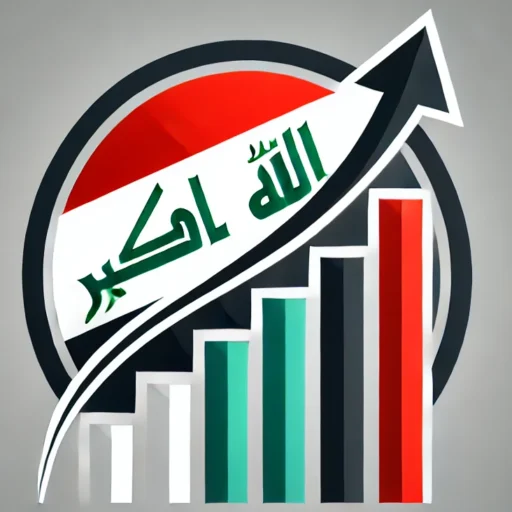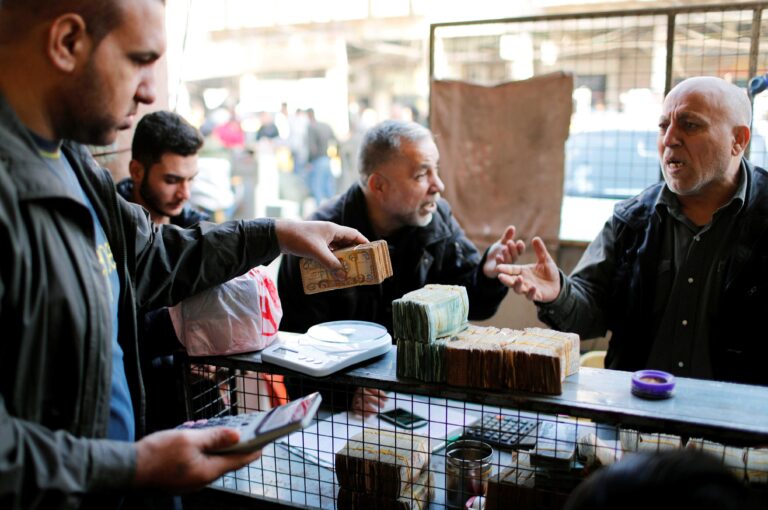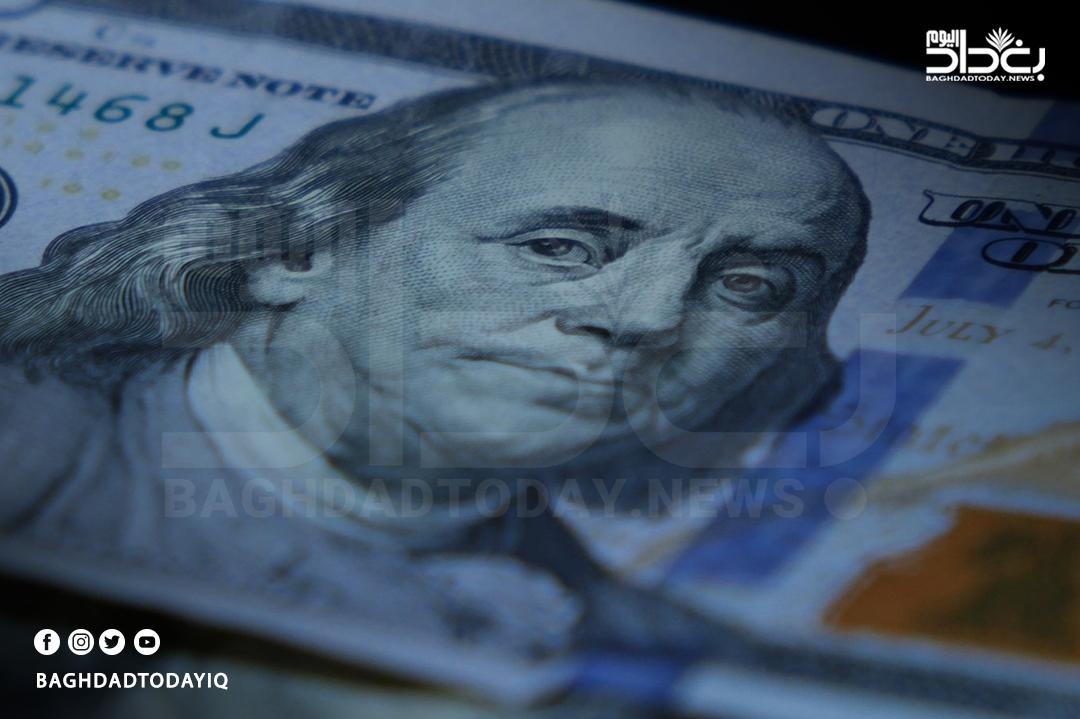Economic Implications of New Sanctions on Iraqi Banks
On Wednesday, February 19, 2025, international economics expert Professor Nawar Al-Saadi outlined the impending consequences of newly imposed sanctions on Iraqi banks.
Professor Al-Saadi indicated that these sanctions will significantly hinder international financial transactions in U.S. dollars, thereby constraining Iraq’s capacity to engage in critical import activities essential for both consumer and industrial sectors. Given Iraq’s heavy reliance on imports to fulfill its economic needs, the limitations on dollar access are expected to heighten pressure on domestic markets, potentially leading to price increases due to a hard currency shortage.
Furthermore, Al-Saadi emphasized that the sanctions may adversely affect investor confidence in the Iraqi banking sector. The targeting of additional banks serves as a signal to global markets that Iraq’s financial system remains vulnerable to compliance risks with international financial standards. This perception could compel foreign companies to rethink their dealings with Iraqi financial institutions, thereby jeopardizing foreign direct investment in the region.
Al-Saadi also noted that the potential emergence of a black market for dollars is another consequence of these sanctions. As affected banks and traders seek informal avenues to acquire hard currency, this could lead to increased volatility in exchange rates and widen the gap between official and parallel rates. These developments would further complicate the Central Bank of Iraq’s efforts to maintain monetary stability.
He argued that effectively addressing this crisis requires more than merely accommodating American pressure by imposing additional restrictions. Iraq must undergo comprehensive reforms within its banking system, focusing on compliance with international standards, diversifying transactions to include other foreign currencies like the euro and Chinese yuan, and decreasing reliance on the dollar. Enhancing the banking sector’s credibility is vital for ensuring long-term economic stability.
In his conclusion, Professor Al-Saadi remarked that these sanctions represent not just a technical decision but are laden with significant political and economic ramifications. If not managed judiciously through balanced monetary and economic policies, the long-term impacts could be detrimental to the stability of the Iraqi economy.
In a related statement on Monday, February 17, 2025, banking and finance specialist Nasser Al-Tamimi discussed apparent U.S. intentions to enforce strict measures against certain banks that may further elevate the dollar exchange rate and complicate financial operations for both the public and private sectors.
Al-Tamimi urged prompt action from the Central Bank of Iraq and other governmental bodies to avert new sanctions on Iraqi banks. He emphasized the need to provide assurances to the U.S. Treasury that Iraqi banks are in strict compliance with international standards to prevent unauthorized transactions. Should the current banking environment remain unstable, it could result in significant disruptions within Iraq’s financial sector.
Reports surfaced last Sunday indicating that the Central Bank of Iraq plans to prohibit five local banks from conducting transactions in dollars, following a request from the U.S. Treasury.
Amid these challenges, the necessity for swift governmental action to reassure the U.S. Treasury and ensure the commitment to international standards within the banking sector has become increasingly critical. Such measures are essential to avoid economic instability that could have long-lasting effects on Iraq’s financial landscape.






